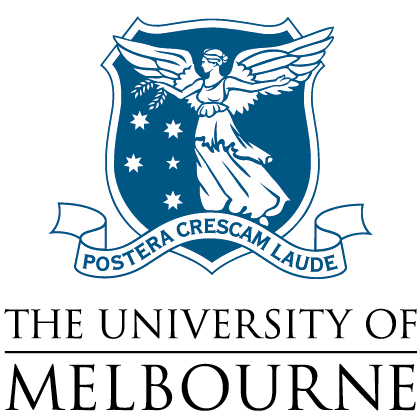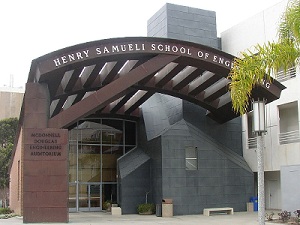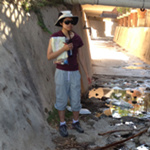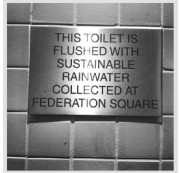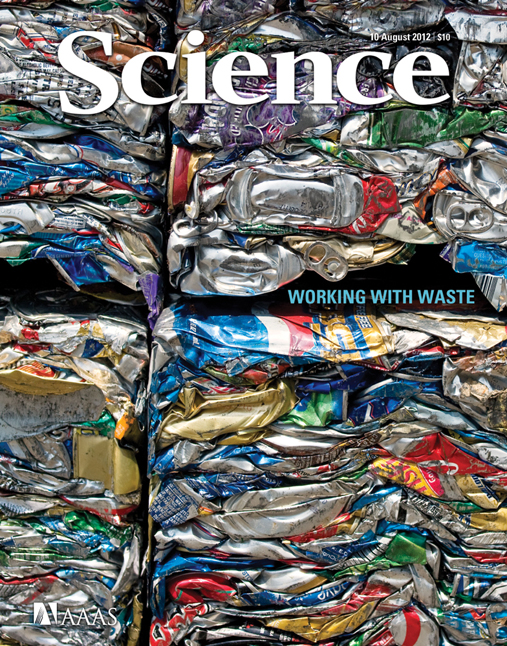Hydroecology post-doc position available for collaborative research with Australia
______________________________________________________________________
______________________________________________________________________
Department of Infrastructure Engineering
Melbourne School of Engineering
Postdoctoral Research Fellow – Hydro-ecology
| Position No | 0032062 |
| Classification | Research Fellow Level A orResearch Fellow Level B |
| Salary | $61,138 – $82,963 p.a. Level A (*PhD entry level A.6 $77,290 p.a.)$87,334 – $103,705 p.a. Level B |
| Superannuation | Employer contribution of 9.25% |
| Employment Type | Full-time (fixed-term) position available for 2 years Fixed term contract type: Research |
| Other Benefits | hr.unimelb.edu.au/careers/working/benefits |
| Current Occupant | New |
| How to Apply | Online applications are preferred. Go to www.jobs.unimelb.edu.au and use the Job Search screen to find the position by title or number. |
| contact For enquiries only |
Michael Stewardson Tel +61 3 8344 7750 Email mjstew@unimelb.edu.auPlease do not send your application to this contact |
For information about working for the University of Melbourne, visit our websites:
www.hr.unimelb.edu.au/careers
www.hr.unimelb.edu.au/careers/working-at-melb
Position Summary
The Department of Infrastructure Engineering is seeking a Postdoctoral Research Fellow in Hydro-ecology to join their Environmental Hydrology and Water Resources Group (http://www.ie.unimelb.edu.au/research/water/)
The Postdoctoral Research Fellow will examine interactions between the flow environment and biota in freshwater sediments. Organisms such as worms and aquatic plants act as ecosystem engineers by bioturbation, modifying the porosity and permeability of sediments. Stream biota (plants and animals) alter flow fields within the sediments, exchange with surface flow, the supply of nutrients and oxygen into sediments and bio-chemical gradients. All these effects can influence microoganisms and other biota. These environmental-biological linkages may have significant effects on nutrient cycling and ecosystem productivity at catchment scales.
The Postdoctoral Research Fellow will undertake literature review and lead experimental work using laboratory mesocosms. They will also work with project CI’s Professor Stan Grant and Associate Professor Michael Stewardson to develop mathematical model of these bio-physical processes as a basis for exploring implications at large-scales up to entire river catchments.
Appointment to this position will be made at Level A or B, dependent on qualifications and experience.
1. Selection Criteria
1.1 Essential
1.1.1 A PhD completed (or close to completion) in a relevant field of research;
1.1.2 A track record of relevant experimental work;
1.1.3 Experience in developing laboratory experimental equipment;
1.1.4 Demonstrated willingness and aptitude to contribute to quantitative modelling of ecological processes;
1.1.5 A demonstrated commitment to interdisciplinary research;
1.1.6 A record of publication and conference participation commensurate with level of experience;
1.1.7 Excellent written and oral communication skills;
1.1.8 Demonstrated ability to work effectively in a team environment.
2. Special Requirements
None
3. Key Responsibilities
3.1 Conducting independent research;
3.2 Designing and establishing an experimental program and undertaking experiments;
3.3 Preparing and submitting journal papers;
3.4 Collaboration with the broader project team;
3.5 Participation in administrative and other responsibilities required to support the Environmental Hydrology and Water Resource Group;
3.6 Laboratory coordination;
3.7 Involvement in professional activities including, subject to availability of funds, attendance at conferences and seminars in the field of expertise.
3.8 Other activities as required;
3.9 Occupational Health and Safety (OH&S) and Environmental Health and Safety (EH&S) responsibilities as outlined in section 5.
4. Other Information
4.1 Organisation Unit
The Department of Infrastructure Engineering sits within the School of Engineering and houses the vital disciplines of Geomatics and Civil and Environmental Engineering. At present, the Department has more than 40 academic staff (teaching and research, and research only) and 16 general staff (technical, professional & administrative) and is located on the Parkville campus of the University.
The focus of the Department of Infrastructure Engineering is on engineering infrastructure that’s sustainable. Infrastructure that considers the natural environment it supports, as well as the economy.The Department’s research programs are dedicated to solving the major challenges facing societies around the world in the environment, physical infrastructure and spatial information.
Over the years, the Department of Infrastructure Engineering has established excellent links with industry and government. The Department’s research projects focus on significant and topical subject matter, and regularly involve input from other disciplines.
4.2 Budget Division
http://www.eng.unimelb.edu.au/index.html
The Melbourne School of Engineering is one of Australia’s leading Engineering Schools and aims to be the school of choice for the highest performing students and research staff in Australia and within the Time Higher Education Supplement top ten Schools of Engineering internationally by 2020.
4.3 The University of Melbourne
The University of Melbourne is a leading international university with a tradition of excellence in teaching and research. The University offers staff many benefits and prospective staff are encouraged to view the following web links:
www.growingesteem.unimelb.edu.au
4.4 Equity and Diversity
http://www.hr.unimelb.edu.au/advice/equity-diversity
4.5 Governance
The Vice Chancellor is the Chief Executive Officer of the University and responsible to Council for the good management of the University. Comprehensive information about the University of Melbourne and its governance structure is available at www.unimelb.edu.au.
5. Occupational Health and Safety (OHS)
All staff are required to take reasonable care for their own health and safety and that of other personnel who may be affected by their conduct.
OHS responsibilities applicable to positions are published at:
http://safety.unimelb.edu.au/topics/responsibilities/
These include general staff responsibilities and those additional responsibilities that apply for Managers and Supervisors and other Personnel.

